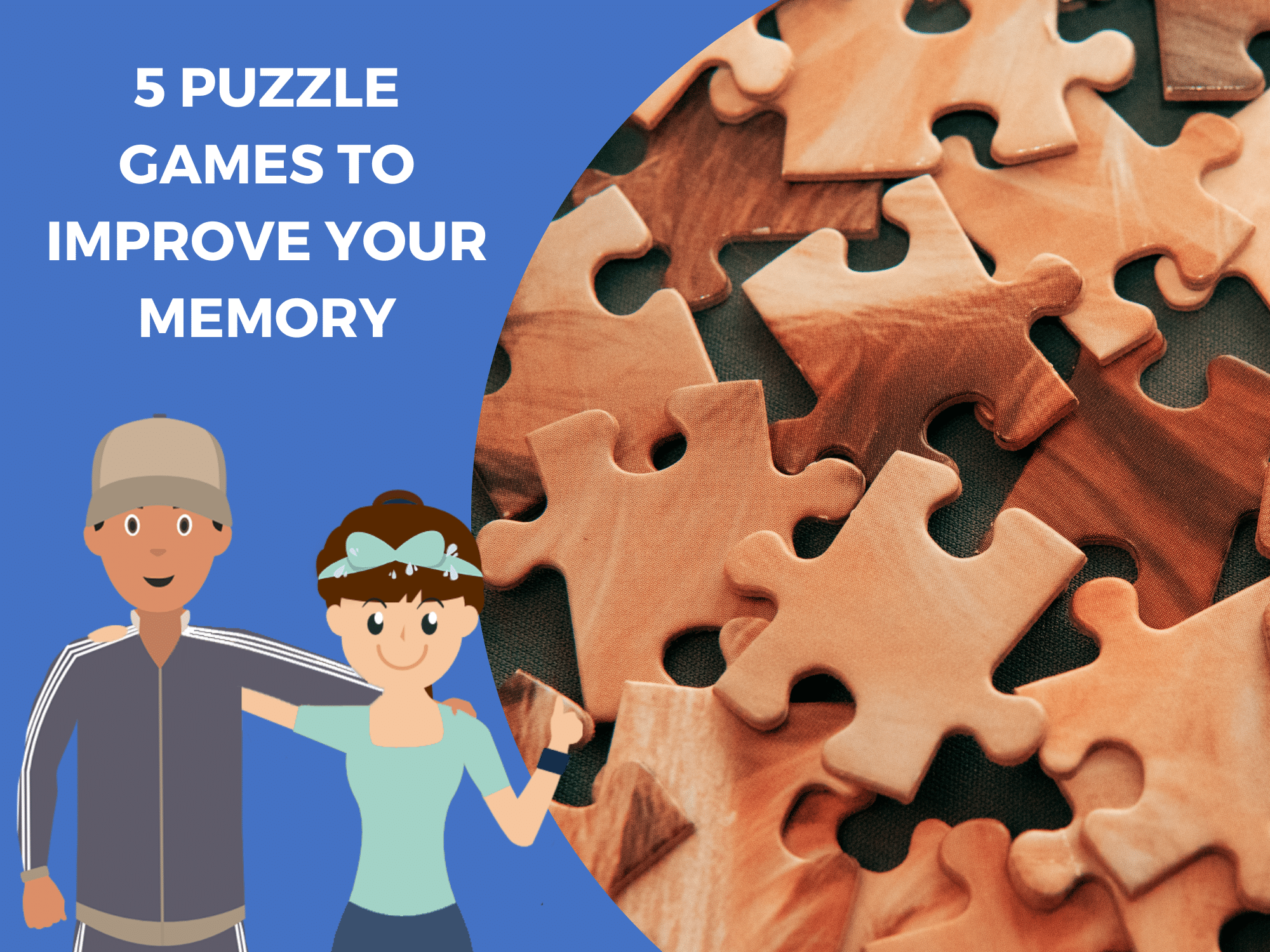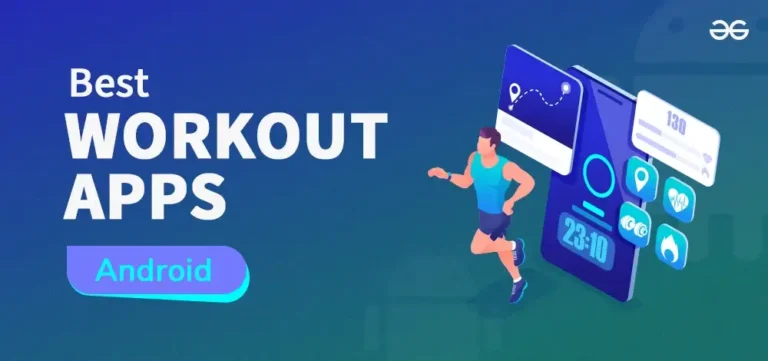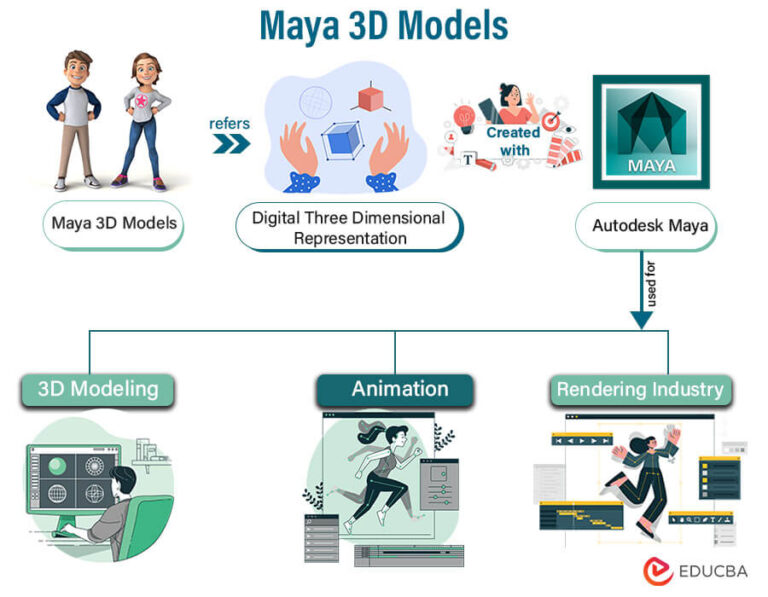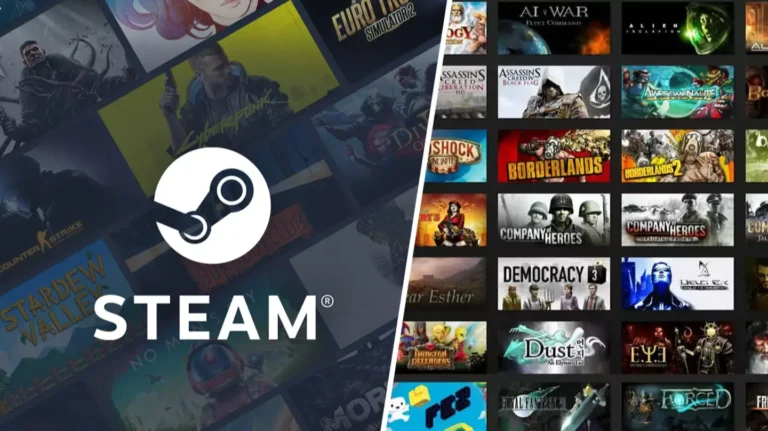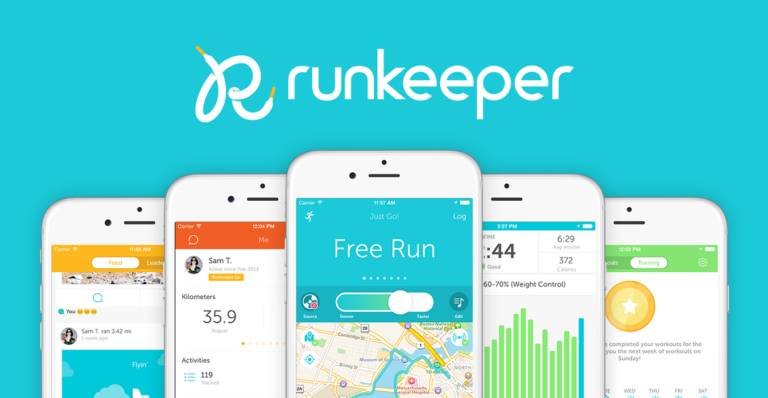5 best puzzle games for mental challenges
Last Updated on June 3, 2024 by Jhonni Jets
Puzzles and brain teasers have long been used to keep our minds sharp. Through problem-solving and logical thinking, puzzles engage different parts of our brain in ways that can help boost cognition. While some people enjoy solving puzzles for fun or as a hobby, playing puzzle games can offer mental benefits that extend beyond leisure. This article explores 5 of the best puzzle games that provide engaging challenges to strengthen focus, reasoning skills, and more.
While no game can replace a proper cognitive training program led by a professional, regular puzzle gameplay in moderation has potential mental upsides when used as a supplement. The following top picks cover a variety of puzzle genres and difficulty levels, all designed for quality brain workout.
Table of Content
Sudoku pro
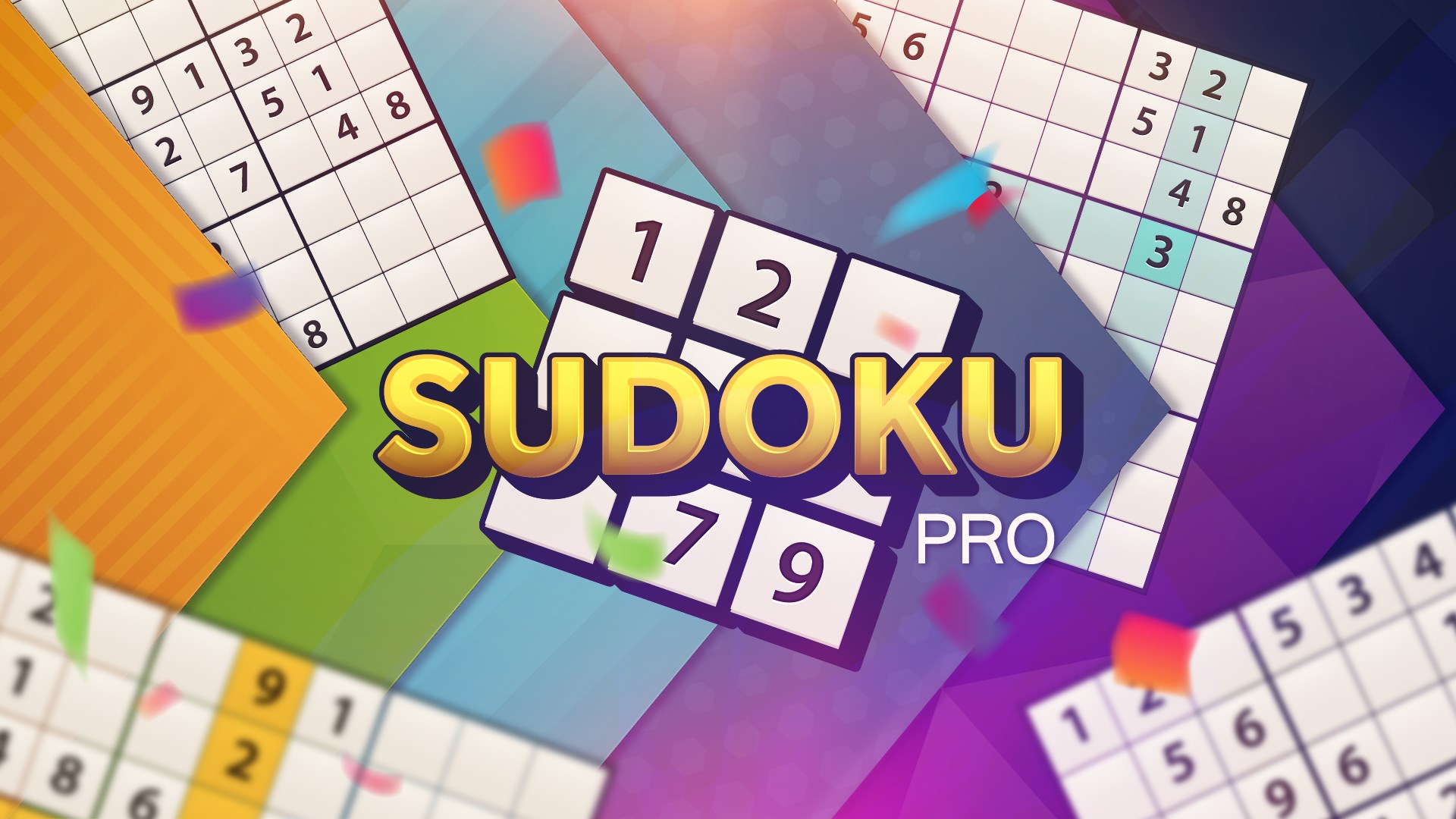
Sudoku pro is perhaps the most popular puzzle game worldwide. The goal is to fill a 9×9 grid with numbers 1 through 9 so that no number is repeated within each row, column, or 3×3 box. Strategic thinking is key to solving Sudoku puzzles as players methodically eliminate possibilities. Regular Sudoku players often report improvements in logic, problem-solving acuity, and concentration. While basic Sudoku involves only numbers, many variants now incorporate letters, colors, shapes and other elements to provide even more challenging exercises for the brain.
The simple yet engaging gameplay makes Sudoku enjoyable for players of all ages and skill levels. Best of all, it can be played anywhere thanks to its paper-and-pencil roots. Now, countless Sudoku apps and websites offer puzzles of all difficulties to keep your brain entertained. Leaderboards and stats tracking also foster competition and goal setting for additional motivation. Overall, the logic-based number placement of Sudoku qualifies it as one of the best puzzle games for regular mental workouts.
Puzzle Quest

As one of the classic tile-matching puzzles, Puzzle Quest puts a role-playing twist on the gameplay by embedding it within a fantasy adventure plot. Players clear tiles of different colors and shapes by moving and matching three or more in a row, making matches energize their characters and unlock special attacks against enemies in battle. Weaving this puzzle formula into a RPG narrative gives Puzzle Quest tremendous replay value while maintaining engagement through progression.
Regular tile-matching exercises working memory, pattern recognition, and visual-spatial skills. Puzzle Quest challenges these abilities further through strategic thinking for character builds and tactics during boss fights. Staying immersed in an unfolding story also encourages sustained focus and engagement compared to standalone puzzle games. Over a decade later, Puzzle Quest remains highly rated for providing both mental and emotional rewards. Its blend of puzzle and RPG mechanics earned it a place among the most unique brainteaser games out there.
Ravensburger

As one of the most recognized jigsaw puzzle brands globally, Ravensburger makes fantastic digital puzzles that test visual-spatial skills. By manipulating tiles on-screen, players reconstruct fragmented images by correctly placing interlocking edge pieces into their proper positions. Ravensburger’s wide variety of subjects from landscapes to detailed photographs to artworks ensures longevity of challenge and enjoyment.
Jigsaw puzzles activate different regions of the prefrontal cortex linked to focus, problem-solving, and cognitive flexibility. More difficult puzzles with hundreds or thousands of tiny pieces encourage more extended engagement and mental effort over weeks. Much like physical puzzles, Ravensburger’s digital versions can become relaxingbrain food when played in moderation. Their interface also allows for saving progress and reviewing solutions to maintaininterest. Overall, the meticulous reconstruction of Ravensburger’s detailed imagery developsimportant visual thinking abilities.
Two Dots

As one of the earliest mobile puzzlers, Two Dots challenges players to connect colored dots in strategic patterns to clear the board. Players start with basic logic puzzles progressing to more complex dot formations requiring planning several moves in advance. Alongside the colorful visuals and chiptune soundtrack, Two Dots remains a favorite brain game for its smooth minimalist gameplay. Its growing library of over 4,000 puzzle levels ensures continuednovel challenges.
Two Dots hones logical reasoning, visual problem-solving, and sequencing skills as players trace multi-step solutions. Like Sudoku, it activates regions of the prefrontal cortex to mentally manipulate moves. Time-limited levels introduce an element of pressure heightening the brain workout. Beyond solitary play, co-op puzzles and competitive leaderboards addsocial elements for continued motivation. For quick onboarding and portable entertainment, Two Dots stands out as a great puzzle game for daily mental maintenance breaks.
Lumosity

Brain training leader Lumosity offers a range of attentionalexercises under the fun guise of games. Core titles like Cratered focus on connecting shapes, Spot the Difference highlights subtle imagevariances, and Double Decision requires quick judgments – all geared to sharpen specific cognitive faculties. Lumosity’s minigames provide targeted mental workouts personalized to member performance through adaptive difficulty.
Brain metabolism increases throughLumosity’s science-backed stimuli tapping multiple processing areas. Besides enhancing perception and reaction speed, it aims to strengthen interconnected cognitive networks over continued usage. Data tracking also boosts engagement through visualized progress. While not a dedicated puzzle game, Lumosity stands out from otherBrainteasers through its clinically validated games improving key mentalfaculties including memory, problem-solving and informationprocessing. The enjoyable mental workouts make it one of the top tools to support brain health.
Conclusion
Whether played on mobile, tablet or desktop, puzzle games provide portable mental activities proven to boost cognition when enjoyed regularly. By exercising different problem-solving and visual skills, the top puzzle games highlighted engage distinct regions of the brain for comprehensive workouts. Beyond the individual benefits, social elements and leaderboards in many titles foster competition and camaraderie around a shared interest. Overall, incorporating puzzle games into a balanced lifestyle supports brain function across the lifespan.
While no game can replace clinical therapy, today’s high-quality titles developed with neuroscience expertise activate key neural pathways. Used as supplements, puzzle games represent enjoyable ways to keep the mind sharp. Whether through logic mazes, visual reconstruction or rapid perception, the variety ensures continual novelty while scaffolding improved fluid intelligence over time. So make cognitive challenges a regular part of daily brain health through engaging puzzle games.

